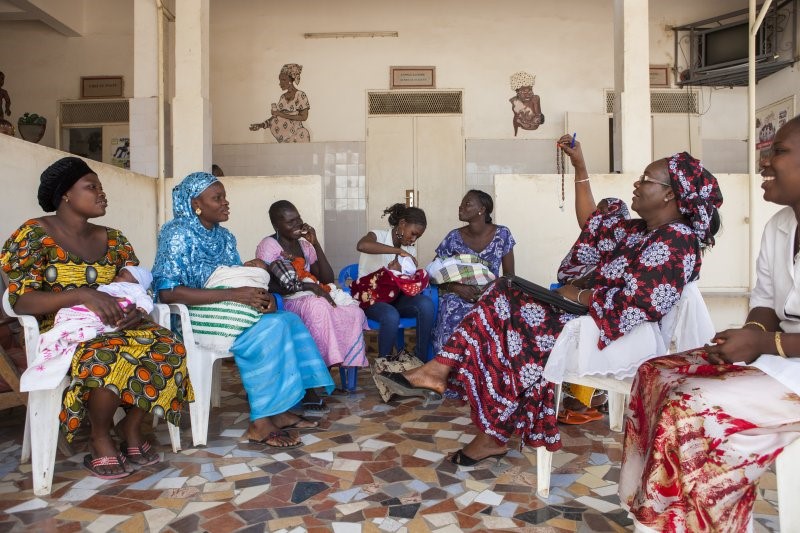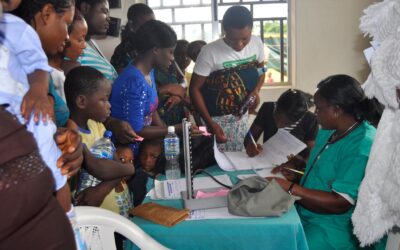
NIGERIA has restated its commitment towards ensuring access of women to family planning services and commodities with a pledge to achieve a modern contraceptive rate of 27 per cent among all women by 2020.
Nigeria also committed to increasing its annual allocation for contraceptives from $3 million to $4 million while ensuring total disbursement of $56 million to the states through participation in the Global Financing Facility and international development assistance loans. The commitments were made as over 60 leaders from around the world, gathered at 2017 Family Planning Summit in London, to make bold commitments that will expand access to family planning to millions of women and girls worldwide. Commitments were made to the tune of $2.5 billion by 2020, with $1.5 billion committed by countries in Asia and Africa. These commitments are expected to go a long way in reaching thousands of women and girls with critical reproductive health information. In Nigeria, over 3.8 million married and sexually active adolescents (15-19) of whom 19 per cent have an unmet need for contraception, and increasing focus on adolescents and enabling additional 584,000 adolescent girls to use modern contraception by 2020, is expected to achieve a 14 per cent reduction in adolescent birth rate. Disclosing these and other commitments at the just concluded London Family Planning Summit, Minister of Health, Professor Isaac Adewole, said collaboration with partners and the private sector is being strengthened towards expanding the implementation of the task-shifting policy. Adewole said patent medicine vendors and community volunteers would be included to improve access to family planning services in difficult-to-reach areas and among disadvantaged populations. Among others, government would adopt the Minimal Initial Service Package for sexual reproductive health to provide family planning supplies within national crisis preparedness and response, remove regulatory barriers and scale up access to new contraceptive methods such as sub-cutaneous Depo Medroxyprogesterone Acetate injections (Sayana Press). He said there would be reduction of socio-cultural barriers and provision of age-appropriate sexual and reproductive health information to youth through the Family Life Health Education Curriculum and youth-friendly services in health facilities and other outlets. Plans are on to transform last-mile distribution of health and family planning commodities using a push-model system with the collaboration of the private sector, optimally transport, store and track commodities using an electronic logistics management system. A new tracking and accountability system will report annually and real-time, expenditures for family planning at national and state levels.
Read more at: https://www.vanguardngr.com/2017/07/family-planning-nigeria-allocates-4m-annually-contraceptives/
